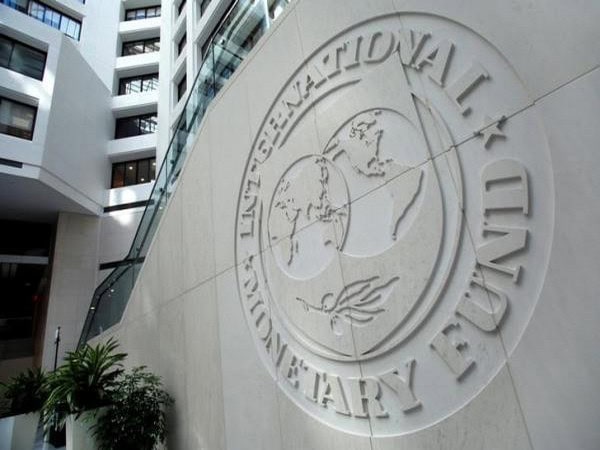Washington: The United Kingdom’s planned exit from the European Union will have a small negative impact on the bloc’s economy, although it will prove more damaging to countries such as Ireland, the Netherlands and Belgium that have closer links with Britain, the International Monetary Fund said Thursday.
In its annual review of the eurozone’s economic policies, the Washington, DC-based institution also warned that failure to reduce the large trade surpluses recorded by Germany and some other members could provoke a protectionist response from their partners, as evidenced by recent tariffs imposed by the United States on steel and aluminum imports from the EU, Efe cited a report from Dow Jones Newswires.
“The strength of euro area-UK integration implies that there would be no Brexit winners,” the IMF said.
The IMF’s analysis of the costs of Brexit to the rest of the EU is its first since the June 2016 vote, and concludes that it will be more damaging to the UK than the rest of the bloc, but that after 40 years of deepening trade, financial and migration ties, no country will benefit.
The study comes as even the broad outlines of the way in which the UK will leave the bloc in March 2019 remain uncertain, as Prime Minister Theresa May struggles to reconcile opposing views within her ruling Conservative Party.
“We are very concerned,” said Mahmood Pradhan, the deputy director of the IMF’s European department. “It is quite late in the process and we don’t have any clarity. We are getting close to some very important deadlines.”
The IMF’s economists examined two scenarios at opposite ends of the range of possible exit deals. In the first, the UK negotiates a free-trade agreement with the rest of the EU in which tariffs on goods remain at zero and the non-tariff costs of trade rise “moderately.” It also assumes that exports of UK financial services to the EU fall by “about” 40 percent.
In the second scenario, the UK leaves the EU without a free-trade agreement, and commerce between the two is governed by the rules of the World Trade Organization.
Under that scenario, tariffs on goods would rise, and the non-tariff costs of engaging in trade would be twice as high as under the first scenario.
The IMF’s economists calculate that under the first scenario, which they call “optimistic,” there is very little damage to the EU economy.
In the second, “pessimistic” scenario, the loss of output could be as large as 1.5 percent. over a period of between five and 10 years.
However, the losses suffered by some EU members could be much larger, Dow Jones added in a report supplied to EFE.
Among EU members, Ireland has the closest economic ties with the UK, and could see its GDP reduced by more than 2.5 percent under the “optimistic” scenario and by almost 4 percent under the “pessimistic” scenario.
The IMF said it would publish equivalent estimates for the UK in Sept., but they will be larger than those of Ireland.
The Irish government continues to hope that the UK negotiates a free-trade agreement, and that there is no need for customs checks on its land border with Northern Ireland, which is part of the UK.
However, Ireland announced Wednesday that it will hire 1,000 new staff for its ports and airports to cope with the possibility of new customs requirements linked to Brexit.
Reviewing the outlook for the eurozone, the IMF said economic growth has likely passed its peak, and urged the European Central Bank to remain cautious as it mulls steps to wind down its stimulus measures.
It noted that some of the currency area’s members are running “excessive” surpluses in their trade with other countries.
It noted that Germany’s current account surplus hit 8 percent of GDP in 2017, while the Netherlands’ was almost 10 percent.
“If left unchecked, they could stoke protectionism among major trading partners, with costly economic and political ramifications,” the IMF warned.
It said the German government should raise its investment spending, and encourage higher wage deals.
IANS

